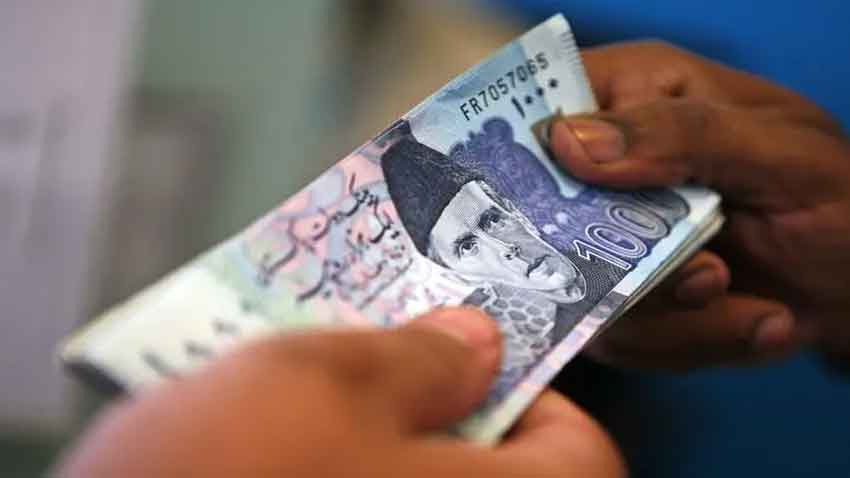
For the purpose, Prime Minister Shehbaz Sharif on Monday directed the formation of the Digital Payments Innovation and Adoption Committee, the Digital Public Infrastructure Committee, and the Government Payments Committee.
These special sub-committees will present recommendations to facilitate payments between citizens and businesses, raise awareness about digital systems, activate the Pakistan Digital Authority, formulate a national digital master plan, and streamline transactions between the government and the private sector, state-run Associated Press of Pakistan reported.
Shehbaz was chairing a high-level meeting focused on promoting a cashless economy in Pakistan.
The prime minister emphasized the importance of making digital transactions more affordable and accessible for the public compared to cash, as a means to promote a cashless system.
He also instructed that the RAAST digital payment system be established at the federal as well as across all provinces levels.
“Establishing a digital transaction system is crucial for bringing transparency to the economy,” the prime minister said adding that cashless systems are being prioritized in developed and successful economies around the world, and modern technology must be used to implement a robust digital payments infrastructure.
The prime minister noted that funds circulating through the banking system can be used for investment in government development projects.
Read more: Going cashless in Pakistan: What it means for you and your wallet
He also directed the transition of all transactions between the public and private sectors to a cashless model.
During the briefing, the prime minister was updated on progress made toward implementing a nationwide cashless system.
It was shared that currently, over 40 million users are benefiting from the RAAST system, and various initiatives are underway to increase this number.
All financial transactions of the federal government are now conducted through the RAAST system, and steps are being taken to expand it to the provincial level.
The briefing also highlighted that Fintech is a key component of this ecosystem.
The Pakistan Digital Authority has been established and is actively working to transition the national economy toward a cashless model.
It was also informed in the meeting that the Digital Public Infrastructure Committee will function under the leadership of the Federal Ministry of IT, while the Cashless Pakistan Steering Committee has been established within the Prime Minister’s Secretariat.
As part of the Smart Islamabad Pilot Project, the Ministry of IT is taking steps to make Islamabad Pakistan’s first cashless city, the meeting was told.

